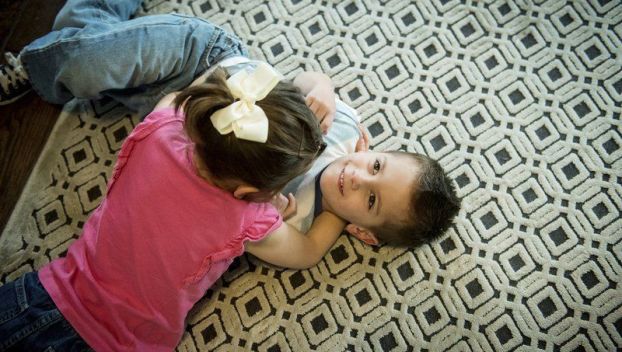
Uncategorized
Survivor of shaken baby syndrome, surprises everyone with ‘incredible’ progress
Four-year-old Will Hayes was playing with some blocks moments before doing something that no one expected — he ... Read more

Four-year-old Will Hayes was playing with some blocks moments before doing something that no one expected — he ... Read more